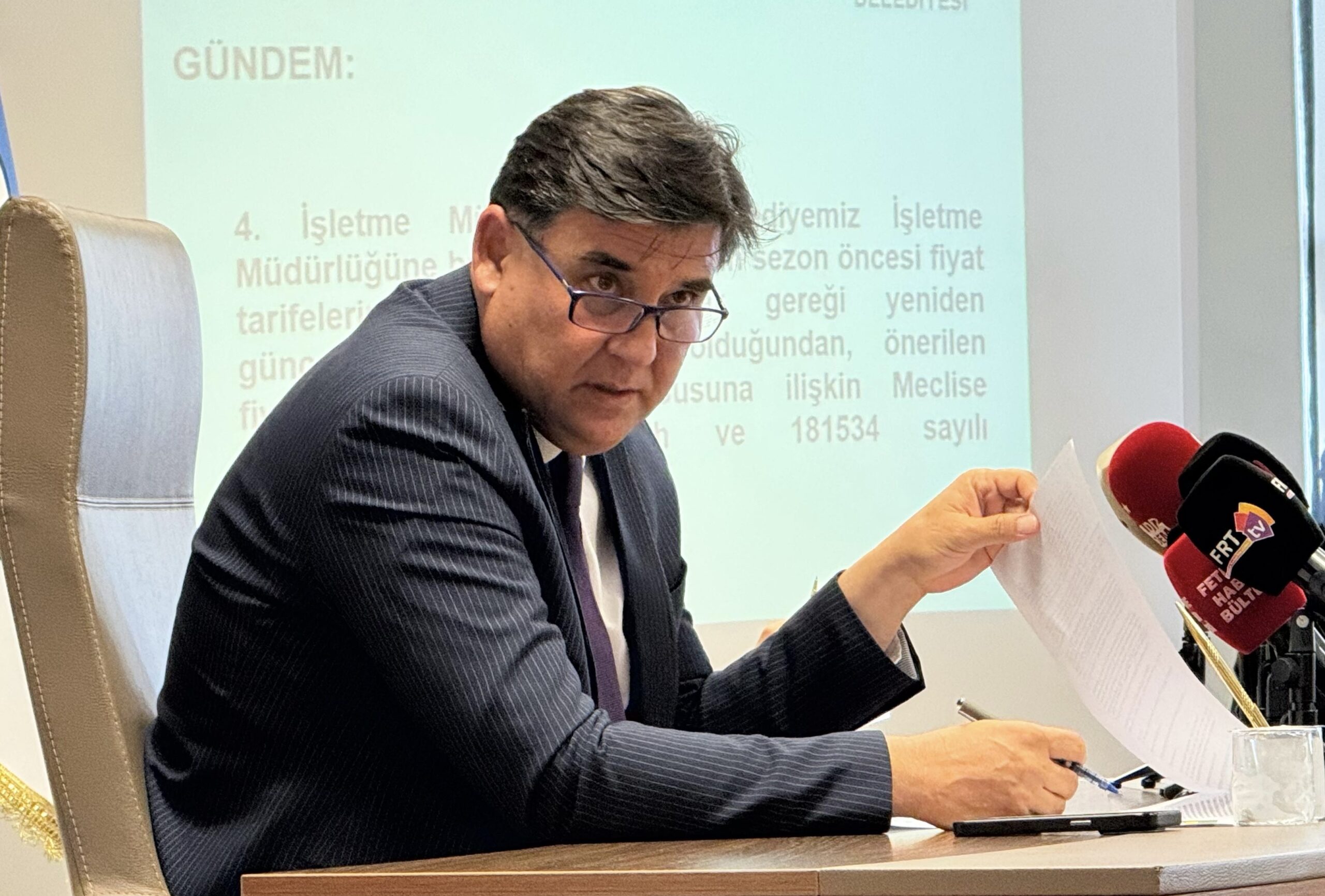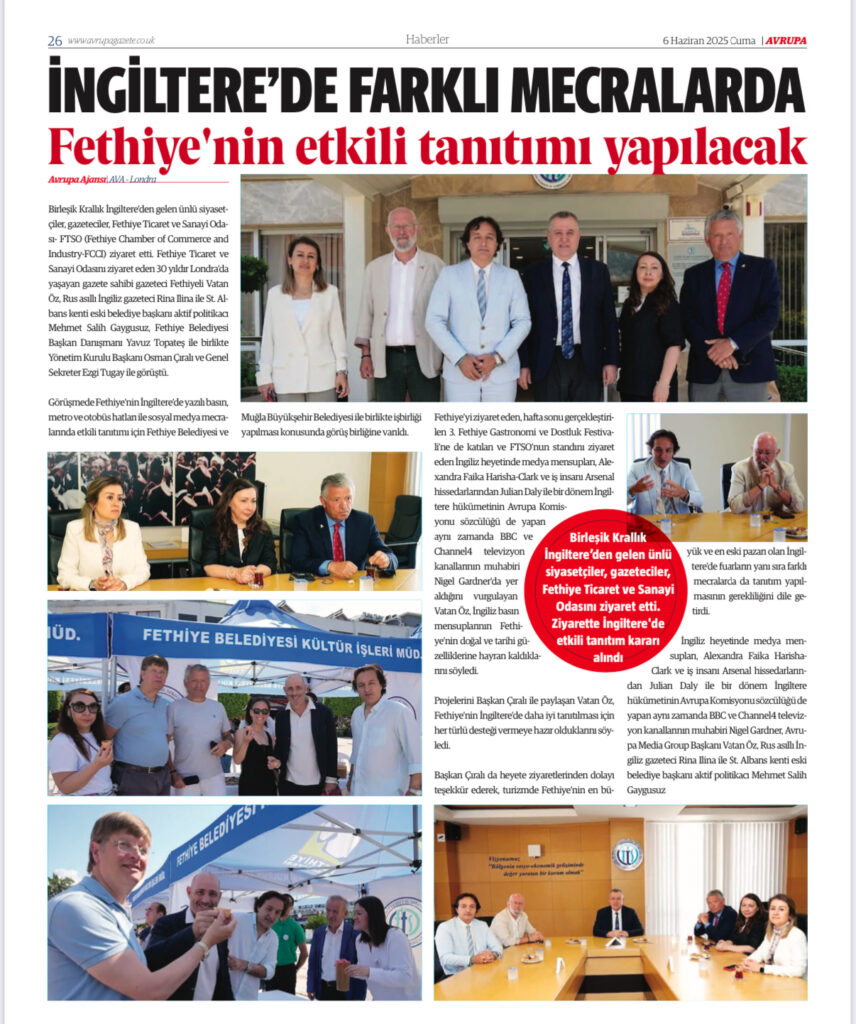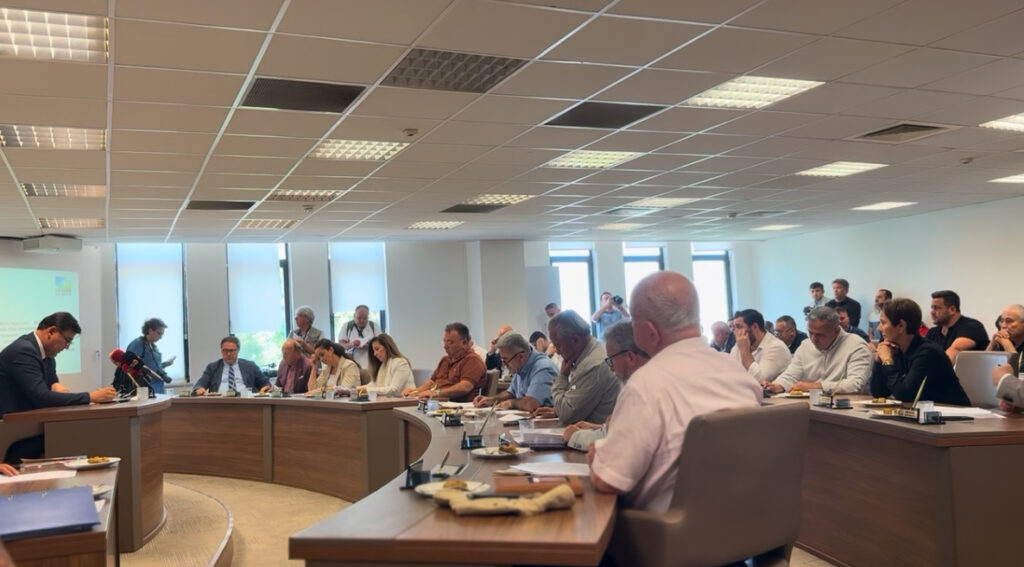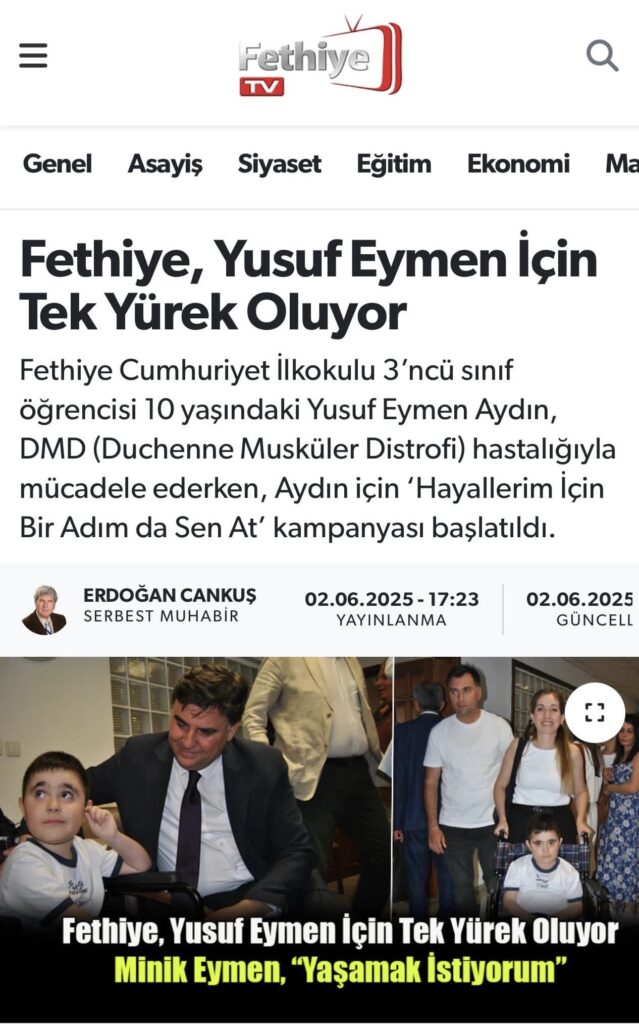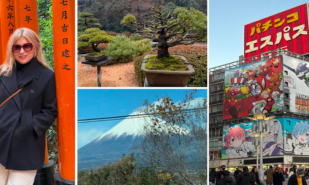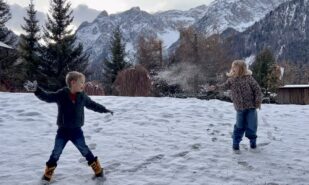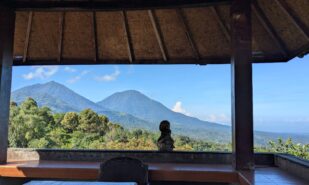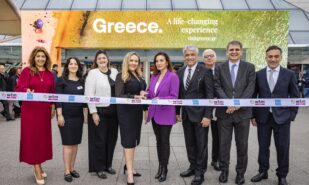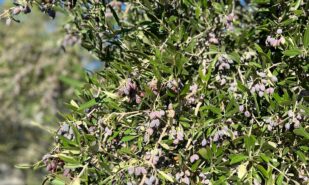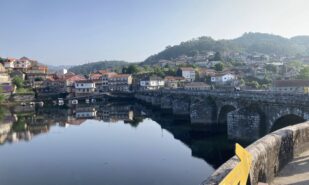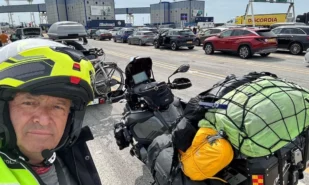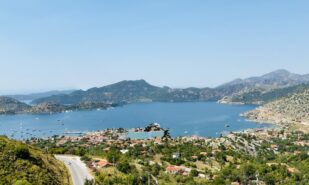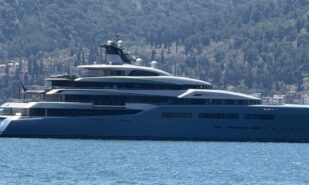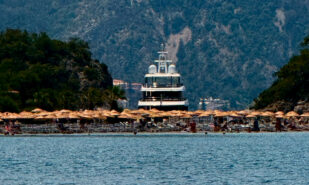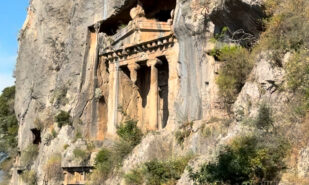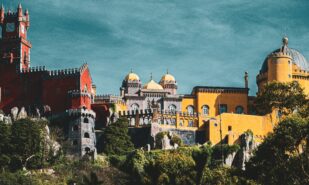From the travel notebook on Turkey: another day in Fethiye — a bit of formality and a touch of humanity
Behind the facades of villas and hotels, behind billboards advertising yacht tours, behind the cafés and restaurants of Fethiye, real life flows — where economic strategy coexists with human vulnerability. Our next day turned out to be nothing like the beaches… Yet, perhaps it was precisely this day that added an important stroke to the city’s portrait.
Morning at the Chamber of Commerce: speaking the language of business
The day began at the Chamber of Commerce and Industry (Fethiye Ticaret ve Sanayi Odası) — a space where the economic future of the region is shaped. Around the table, the conversation was about e-commerce, about the prospects of local business.
How to make the region more visible on the global map? What kind of support do young entrepreneurs need? Digitalization, logistics, consumer habits were discussed. Here, it’s not just about analyzing the market — it’s about debating, pointing out miscalculations, and seeking solutions.
Local startups aren’t mere copies of European models but adapted projects created in response to the city’s specific needs. That’s why the conversation is charged with energy and focused on action.
Tourism industry: inside the system
Next came a meeting with representatives of the tourism business. An office, air conditioning, water on the table — all standard. But the topics were far from formalities: transport, infrastructure overload, shortage of qualified personnel.
Entrepreneurs worry about how to balance tourism growth with ecosystem preservation. How to make a holiday in Fethiye accessible but not cheap, how not to lose the human touch amid mass tourism? There were personal examples — hoteliers who pay their staff above market rates because “otherwise it’s impossible to keep those who genuinely care about the guests.” Or stories of elderly local women leading village tours — not by the book, but from the heart.
City council: the moment when numbers lose their meaning
And then the climax — a visit to the city council meeting. We expected regulations, protocols, strict frameworks. The first part was exactly that — budgets, contracts, reports were discussed.
But at some point, business gave way to a deeply personal matter: a boy suffering from the severe disease DMD urgently needed treatment. Mayor Alim Karaca responded quickly and warmly — supporting the initiative to help.
The mayor’s voice did not change, but something in his tone shifted: this was no longer an official address but a sincere, touching call to help. “Time is running out fast. Let our share of participation be part of his future,” he said. It became clear: the city is not just roads, hotels, and taxes. It is also the ability to respond at the right moment, to step aside from the algorithm.
Our British colleagues, without waiting for formalities, handed over a donation for Yusuf’s treatment. And in this small gesture lay the essence of the day.
After lunch, we left for Marmaris. Fethiye remained behind — with its harbors, islands, fish markets, and historic landmarks. And it left in our hearts not only memories of landscapes and comfort but also a sense of involvement.

